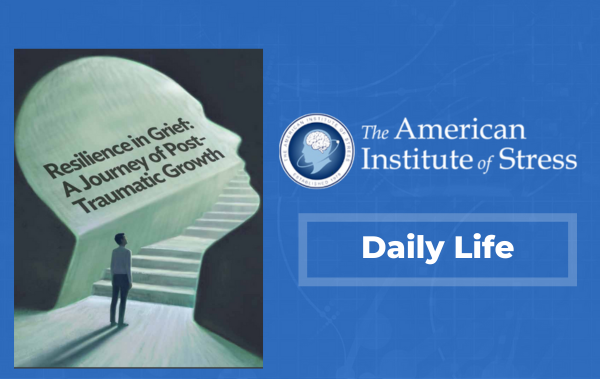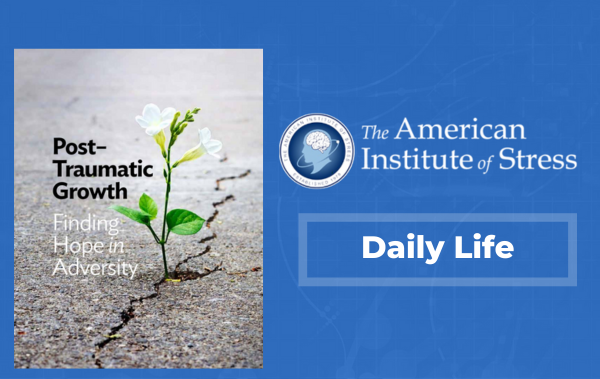
Sometimes stress turns me into someone that I’m not. I’m never proud of knee-jerk reactions and am always looking to improve my coping skills. It’s a constant balancing act I haven’t mastered quite yet.
Life with cystic fibrosis is stressful, and a double-lung transplant added another level of stress that I wasn’t prepared for. Three years later, I’m still learning how anti-rejection medications have changed my brain chemistry. I’m navigating new health complications. And living without the imminent threat of death is ironically stressful because I’m still learning my new parameters.
These perpetual stressors are exhausting. I don’t get a break from thinking about everything I have to deal with on a regular basis. My mind is constantly rehearsing how to advocate for my health needs. I’m always focused on staying healthy or improving my health.
On top of all this, my mental health is at stake. Since I don’t have the luxury of mental breaks, my anxiety and depression are often exacerbated. Sometimes I am triggered easily and lash out at loved ones, which I regret. It’s a constant balancing act, and I’m still shaky at it.
Plus, there are the regular life stressors. Friends struggling health-wise. Working. Volunteering. The endless to-do list. Keeping up with my jam-packed schedule. It’s a lot to handle.
I don’t know about you, but I’m oblivious to my breaking point until I reach it. Then I have to do damage control, which is a vicious cycle. But sometimes it feels like my only option. I don’t have time to take a break from my normal life stress, and I rarely get a reprieve. I have to keep going until I can’t go anymore — at least, I feel pressured to do so.
Society has taught us to glorify productivity. There is a standard of functioning that we must uphold, or we get left behind. If you’re not overworked, overbooked, and overstressed, then what are you even doing with your life?
The reality is that stress can literally kill us. I don’t need to spit the statistics to prove that point. It’s everywhere. It may not be labeled “stress,” but it is often a major contributing factor in health conditions such as heart disease, high blood pressure, and chronic headaches. These are just a few examples from the long list of stress-related ailments.
A few weeks ago, I had a meltdown. Everything was happening all at once, and my stress level compounded. I couldn’t handle it on my own. Usually I can regroup in these moments, but this time I couldn’t. I had worked all day, heard from three friends whose lives had been turned upside down because of health matters, done multiple Zoom calls, felt beyond exhausted, and had a deadline that night. I was a mess of hot tears streaming down my face. I couldn’t move. Hello, freeze response.
This was the first time that I had reached out to friends for help with this type of matter. I texted my trusted prayer warriors, who I knew I could rely on to pray for me in that moment. All three precious friends came through. One even recognized how independent I am and knew how hard it was for me to ask. Another soothed my fear of feeling like a bother. The third walked me through how to refocus so I could write. I was blown away that my request for help was met with love, validation, and comfort.
The truth is that we all carry our own level of stress. Our pretty, little package of stressors may not look like our neighbor’s, but I bet it weighs the same on our shoulders. Being honest about our stress relieves the burden of carrying it alone.
Many of us also have a terrible habit of stressing about things we cannot control. We waste energy trying to fix everything. When we choose to release stress in exchange for peace, there is freedom.
Developing an arsenal of tools to whip out in stressful moments is crucial. Journaling, throwing rocks in the lake, going for a drive, moving the body, talking about it — whatever works in the moment, use it.
And be prepared, because handling our stress in healthy ways is better than allowing stress to rule our lives and steal moments (or words) we can’t retrieve. Please learn from my mistakes and release the stigma of asking for help before stress squashes you.






